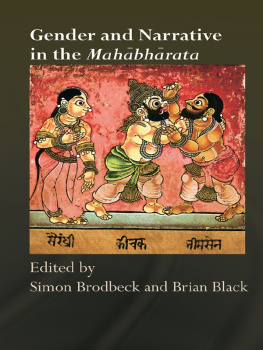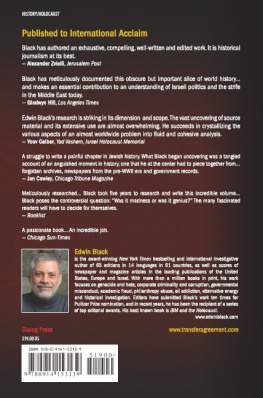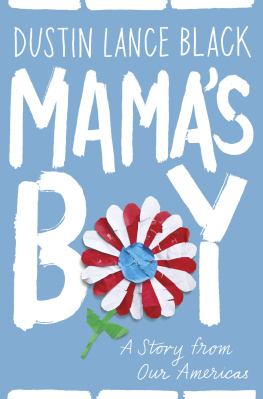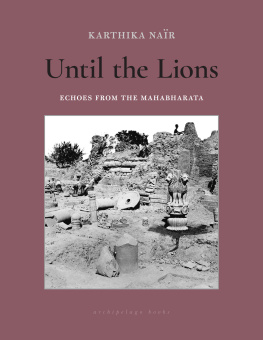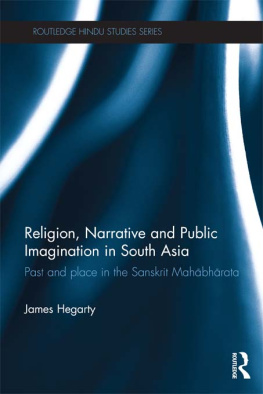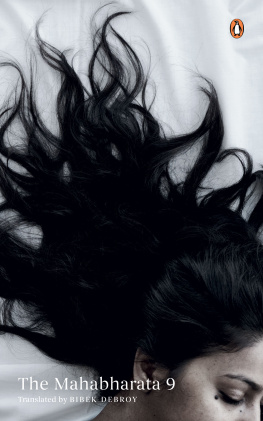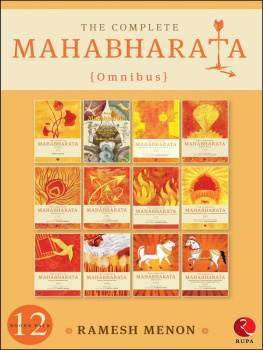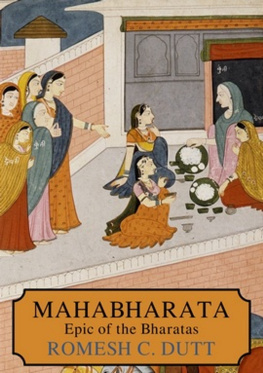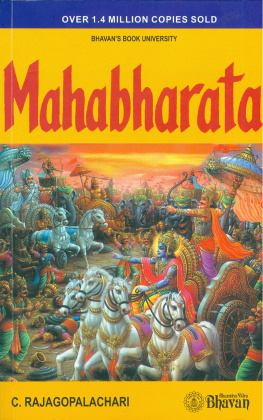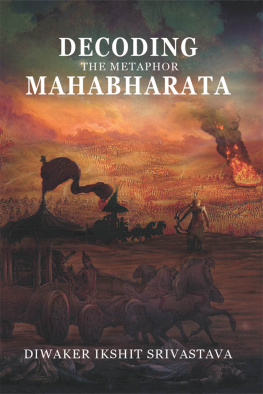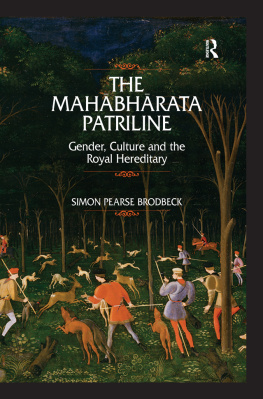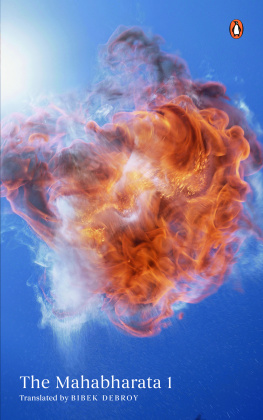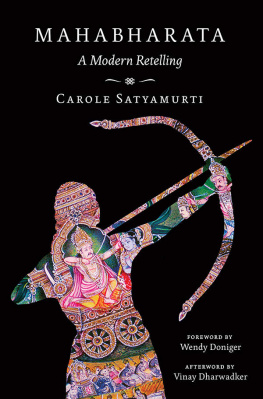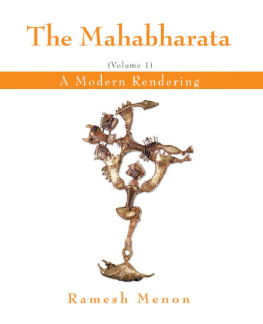First published 2007
by Routledge
2 Park Square, Milton Park, Abingdon, Oxon OX14 4RN
Simultaneously published in the USA and Canada
by Routledge
270 Madison Ave, New York, NY 10016
Routledge is an imprint of the Taylor & Francis Group, an informa business
This edition published in the Taylor & Francis e-Library, 2007.
To purchase your own copy of this or any of Taylor & Francis or Routledges collection of thousands of eBooks please go to www.eBookstore.tandf.co.uk.
2007 Editorial selection and matter, Simon Brodbeck and Brian Black; individual chapters, the contributors
All rights reserved. No part of this book may be reprinted or reproduced or utilized in any form or by any electronic, mechanical, or other means, now known or hereafter invented, including photocopying and recording, or in any information storage or retrieval system, without permission in writing from the publishers.
British Library Cataloguing in Publication Data
A catalogue record for this book is available from the British Library
Library of Congress Cataloging in Publication Data
Gender and narrative in the Mahabharata / edited by Simon Brodbeck and Brian Black.
p. cm.(Routledge Hindu studies series)
Listen but do not grieve : grief, paternity, and time in the laments of Dhrtarastra / Emily T. HudsonEavesdropping on the Epic : female listeners in the Mahabharata / Brian Black Arguments of a queen : Draupadis views on kingship / Angelika Malinar How do you conduct yourself ? : gender and the construction of a dialogical self in the Mahabharata / Laurie L. PattonAmong friends : marriage, women, and some little birds / Alf HiltebeitelGendered soteriology : marriage and the karmayoga / Simon BrodbeckBhisma as matchmaker / Nick Allen Bhisma beyond Freud : Bhisma in the Mahabharata / James L. FitzgeraldShow you are a man! : transsexuality and gender bending in the characters of Arjuna/Brhannada and Amba/Sikhandin(i) / Andrea Custodi Krsnas son Samba : faked gender and other ambiguities on the background of lunar and solar myth / Georg von Simson Paradigms of the good in the Mahabharata : Suka and Sulabha in quagmires of ethics / Arti Dhand.
Includes bibliographical references and index.
1. MahabharataCriticism, interpretation, etc. 2. Gender identity in literature. I. Brodbeck, Simon, 1970 II. Black, Brian, 1970
BL1138.27.G43 2007
294.5'923048dc22
ISBN 0-203-02964-X Master e-book ISBN
ISBN10: 0-415-41540-3 (hbk)
ISBN10: 0-203-02964-X (ebk)
ISBN13: 978-0-415-41540-8 (hbk)
ISBN13: 978-0-203-02964-0 (ebk)
GENDER AND NARRATIVE IN THE MAHBHRATA
The Sanskrit Mahbhrata is one of the most important texts to emerge from the Indian cultural tradition. At almost 75,000 verses it is the longest poem in the world, and throughout Indian history it has been hugely influential in shaping gender and social norms. In the context of ancient India, it is the definitive cultural narrative in the construction of masculine, feminine and alternative gender roles.
This book brings together many of the most respected scholars in the field of Mahbhrata studies, as well as some of its most promising young scholars. By focusing specifically on gender constructions, some of the most innovative aspects of the Mahbhrata are highlighted. Whilst taking account of feminist scholarship, the contributors see the Mahbhrata as providing an opportunity to frame discussion of gender in literature not just in terms of the socio-historical roles of men and women. Instead they analyse the text in terms of the wider poetic and philosophical possibilities thrown up by the semiotics of gendering. Consequently, the book bridges a gap in text-critical methodology between the traditional philological approach and more recent trends in gender and literary theory. It will be appreciated by readers interested in South Asian Studies, Hinduism, Religious Studies and Gender Studies.
Simon Brodbeck and Brian Black are researchers in the Department of the Study of Religions at the School of Oriental and African Studies, University of London. Brodbeck is the author of several scholarly articles on aspects of the Mahbhrata; Black is the author of The Character of the Self in AncientIndia: priests, kings, and women in the early Upaniads.
ROUTLEDGE HINDU STUDIES SERIES
Series Editor: Gavin Flood, University of Stirling
Former Series Editor: Francis X. Clooney, SJ, Harvard University
The Routledge Hindu Studies Series, in association with the Oxford Centre for Hindu Studies, intends the publication of constructive Hindu theological, philosophical and ethical projects aimed at bringing Hindu traditions into dialogue with contemporary trends in scholarship and contemporary society. The series invites original, high-quality, research-level work on religion, culture and society of Hindus living in India and abroad. Proposals for annotated translations of important primary sources and studies in the history of the Hindu religious traditions will also be considered.
EPISTEMOLOGIES AND THE LIMITATIONS OF PHILOSOPHICAL INQUIRY
Doctrine in Mdhva Vednta
Deepak Sarma
A HINDU CRITIQUE OF BUDDHIST EPISTEMOLOGY
Kumrila on Perception
The Determination of Perception Chapter of Kumrilabhaas lokavrttika Translation and Commentary
John Taber
AKARAS ADVAITA VEDANTA
A Way of Teaching
Jacqueline Hirst
ATTENDING KAS IMAGE
Caitanya Vaiava Mrti-sev as Devotional Truth
Kenneth Russell Valpey
ADVAITA VEDNTA AND VAIAVISM
The Philosophy of Madhusdana Sarasvat
Sanjukta Gupta
CLASSICAL SKHYA AND YOGA
An Indian Metaphysics of Experience
Mikel Burley
SELF-SURRENDER (PRAPATTI) TO GOD IN RVAIAVISM
Tamil Cats and Sanskrit Monkeys
Srilata Raman
THE CAITANYA VAIAVA VEDNTA OF JVA GOSVM
When Knowledge Meets Devotion
Ravi M. Gupta
GENDER AND NARRATIVE IN THE MAHBHRATA
Edited by Simon Brodbeck and Brian Black
TO THE MEMORY OF JULIA LESLIE, A WONDERFUL WOMAN, COLLEAGUE AND SCHOLAR
NOTES ON CONTRIBUTORS
Until his retirement in 2001, Nick Allen was for twenty-five years Lecturer/ Reader in the Social Anthropology of South Asia at the Institute of Social and Cultural Anthropology at Oxford, and a Fellow of Wolfson College. His D.Phil., based on twenty months fieldwork in East Nepal, focused on the mythology and oral traditions of a Tibeto-Burman tribal community. Apart from Himalayan comparativism, he has published on the origin and macro-history of kinship systems and on the French tradition in sociological thought (see his Categories and Classifications, 2000). However, in recent years his main research interest has been in Indo-European cultural comparativism, and in particular in the idea of a common origin lying behind Sanskrit and ancient Greek epic traditions.
Brian Black received his B.A. in philosophy at the University of California at San Diego, and his M.A. and Ph.D. in the study of religions at the School of Oriental and African Studies (SOAS), University of London, where he is currently a researcher. His primary scholarly interests are the Upaniads, the Mahbhrata and the Buddhist Nikyas. He has taught a number of courses on the texts and philosophies of Hinduism and Buddhism at both SOAS and Birkbeck College. He is author of the book

